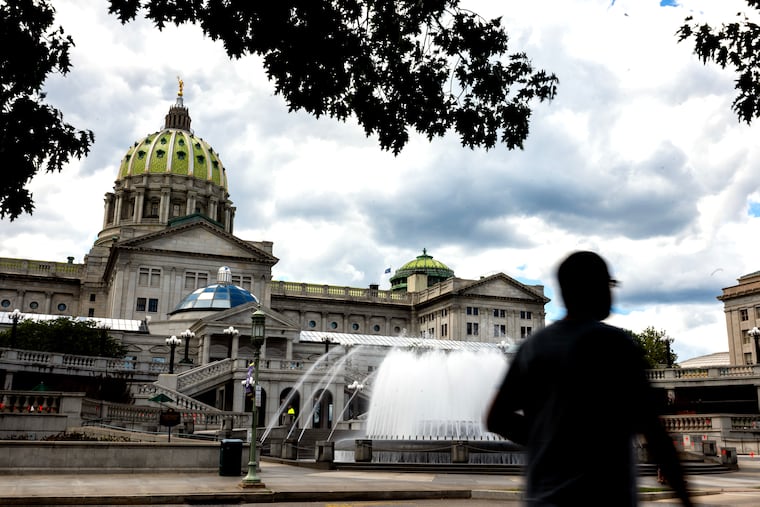More than 300,000 Pennsylvanians who struggle to pay their heating bills will need to wait longer for assistance from the state government due to funding stoppages caused by the federal government shutdown.
The Pennsylvania Department of Human Services said in a news release Wednesday afternoon that Pennsylvania must delay the opening of this year’s Low-Income Home Energy Assistance Program (LIHEAP) until December 3, because the shutdown has prevented the allocation of federal funds for the service. The program was originally scheduled to open on Nov. 3.
LIHEAP distributes benefits to utility companies or home heating fuel providers for Pennsylvanians that need assistance paying their heating bills. The commonwealth has received more than $200 million each of the past two years from the federal government to carry out this program.
Pennsylvania Human Services Secretary Val Arkoosh said in the news release that the program “is especially critical for older adults and low-income families” as colder months approach.
Once DHS receives federal funding after the shutdown ends, the department will begin accepting LIHEAP applications and will continue processing applications that have already been received during the shutdown.
This announcement comes the same week that DHS said that nearly 2 million Pennsylvanians won’t receive benefits from the Supplemental Nutrition Assistance Program (SNAP) next month if the government shutdown continues. The food assistance program provides $366 million a month to low-income people in Pennsylvania, including roughly 500,000 in Philadelphia.
Democratic Gov. Josh Shapiro and members of his administration, including Arkoosh, are arguing that impacts to these crucial services are on the shoulders of Republicans in Washington, D.C, who hold both chambers of Congress and the White House.
Arkoosh said of LIHEAP Wednesday that “Inaction from the Republican-controlled Congress now threatens access to this assistance.”
“I urge Congress and the White House to recognize the serious consequences that limiting heating assistance will have on the health and safety of people in Pennsylvania. Congress must come together for a solution that protects people most at risk,” she said.
Other resources are available in the meantime, but there are gaps that remain without LIHEAP assistance. For instance, Pennsylvania has an annual winter utility shutoff moratorium for qualified residents from December 1 through March 31, but it does not axe any outstanding home heating bills, DHS said.
Electric and gas companies can also offer utility assistance programs in addition to LIHEAP.

